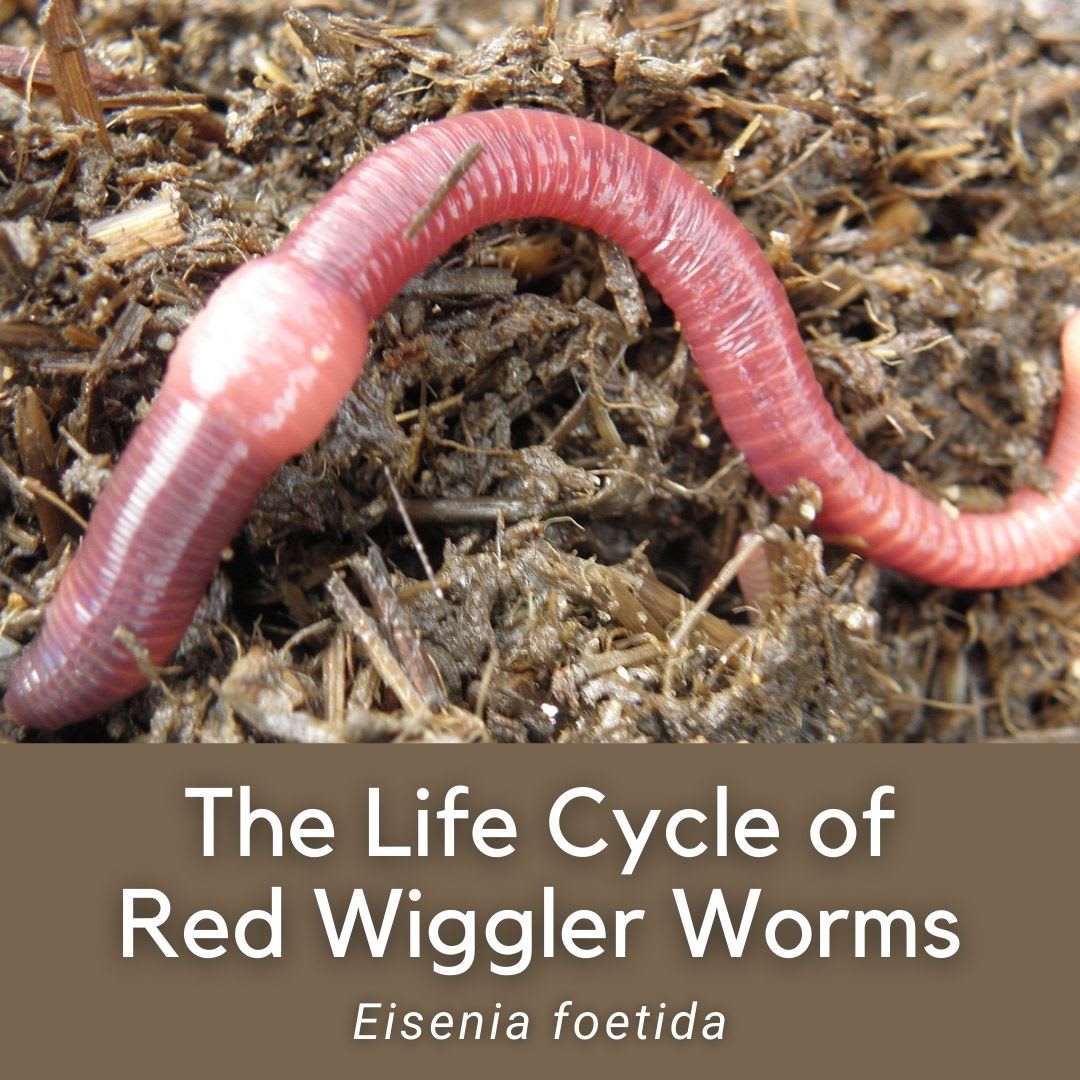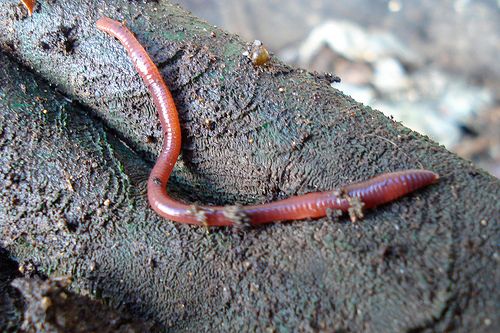Discover Why Lake Hickory Bait is the Best Choice for Lawn Care Solutions
Discover Why Lake Hickory Bait is the Best Choice for Lawn Care Solutions
Blog Article
Just How Red Wigglers Can Transform Your Composting Experience
The integration of red wigglers into composting methods uses a transformative approach to throw away monitoring and soil enrichment. These organisms not only expedite the decay procedure however likewise produce nutrient-dense vermicompost that improves soil health and wellness and fertility. Their flexibility to different atmospheres makes them an appropriate choice for both newbie and knowledgeable composters alike. Comprehending the specific demands and benefits connected with maintaining a thriving worm population is crucial for optimizing their capacity. What approaches can one employ to make certain a successful vermicomposting experience?
Advantages of Red Wigglers
Red wigglers, scientifically referred to as Eisenia fetida, are a foundation of effective composting systems due to their exceptional capacity to decompose raw material effectively. These worms master transforming cooking area scraps, backyard waste, and other natural products right into nutrient-rich garden compost, generally described as worm castings. Lake Hickory Bait. This procedure not just lowers land fill waste however additionally adds to lasting horticulture practices
Among the main benefits of red wigglers is their high recreation rate, enabling them to inhabit a composting atmosphere quickly. This quick multiplication improves decay rates, causing faster compost production. Furthermore, red wigglers flourish in a diverse range of problems, making them versatile to different composting setups.

Establishing Up Your Worm Bin
(Hickory NC Worms For Sale)To create a reliable worm container for composting, careful focus needs to be given to its layout and environment. An excellent worm container need to be constructed of products that are resilient yet enable for required air movement, such as plastic or timber. The dimension of the container can differ, yet a volume of around 1 square foot per pound of worms is a great beginning point.
Make sure that the container has water drainage openings to stop water accumulation, which can cause anaerobic problems detrimental to the worms. Additionally, incorporating air flow holes will certainly aid maintain proper humidity degrees and oxygen flow.
Following, it is necessary to supply bed linens for the worms, which can consist of shredded paper, cardboard, or coconut coir. This bed linens not just offers a habitat for the worms yet likewise help in wetness retention.
Setting the worm container in a location that keeps a temperature level array of 55-77 ° F(13-25 ° C) to optimize worm task. Avoid positioning the bin in direct sunshine or extreme temperature levels. By adhering to these guidelines, you can produce a helpful setting for red wigglers, enhancing the efficiency of your composting procedure.
What to Feed Your Worms

(Red Wiggler Express)Red wigglers especially delight in soft, moist foods like watermelon skins, cucumber peels, and banana peels. Nevertheless, it is crucial to avoid feeding them citrus fruits, onions, and garlic, as these can be damaging to their well-being. Furthermore, cooked foods, milk items, and meat needs to be strictly stayed clear of, as they can lead to smells and draw in bugs.
To maintain optimal problems, it's advisable to cut bigger scraps into smaller pieces, assisting in quicker disintegration. Begin by introducing small quantities of food and keep an eye on the worms' intake price; adjust appropriately to avoid overfeeding, which can develop an unhealthy atmosphere. Providing a consistent feeding routine will help maintain your worm population growing while enhancing the overall performance of your composting initiatives. By comprehending what to feed your worms, you lay the foundation for an effective and sustainable composting experience.
Maintaining a Healthy And Balanced Environment
Creating a prospering composting atmosphere for red wigglers needs interest to their habitat, as it directly influences their wellness and efficiency. The perfect environment needs to preserve a balanced moisture level, usually in between 60-70%. Extreme wetness can bring about anaerobic conditions, while not enough wetness may dry out the worms.

The bed linens material in the compost need to be varied and shredded, integrating materials like cardboard, paper, and coconut coir. This not only provides a comfy atmosphere but additionally acts as a food source. Lake Hickory Bait. Routinely checking for smells or indications of pests can assist identify possible problems before they rise
Finally, keeping a balanced pH degree, ideally in between 6 and 7, makes sure a conducive habitat for red wigglers, cultivating their ability to procedure raw material efficiently. By addressing these aspects, you can create a lasting and productive composting environment.
Harvesting and Using Garden Compost
Harvesting compost from a worm container is a gratifying procedure that transforms natural waste right into nutrient-rich material for yards and plants. As soon as the composting cycle is total, typically after 8-12 weeks, it's time to accumulate the vermicompost. The very first step includes separating the red wigglers from the completed garden compost. This can be done using techniques such as the "light" approach, where worms are attracted to light and can be scooped away from the leading layers, or by relocating the compost to one side of the container and including fresh bedding to the opposite, motivating the worms to migrate.
When the worms are eliminated, the staying compost can be looked to get rid of any type of larger bits or undecomposed material. This rich compost can be used straight to yard beds, combined right into potting dirt, or utilized as a top dressing for potted plants.
Conclusion
Including red wigglers into composting techniques substantially enhances the decay process and contributes navigate to this website to the production of nutrient-rich vermicompost. The resulting worm spreadings improve dirt structure, fertility, and microbial activity, inevitably promoting much healthier plant growth.
Report this page